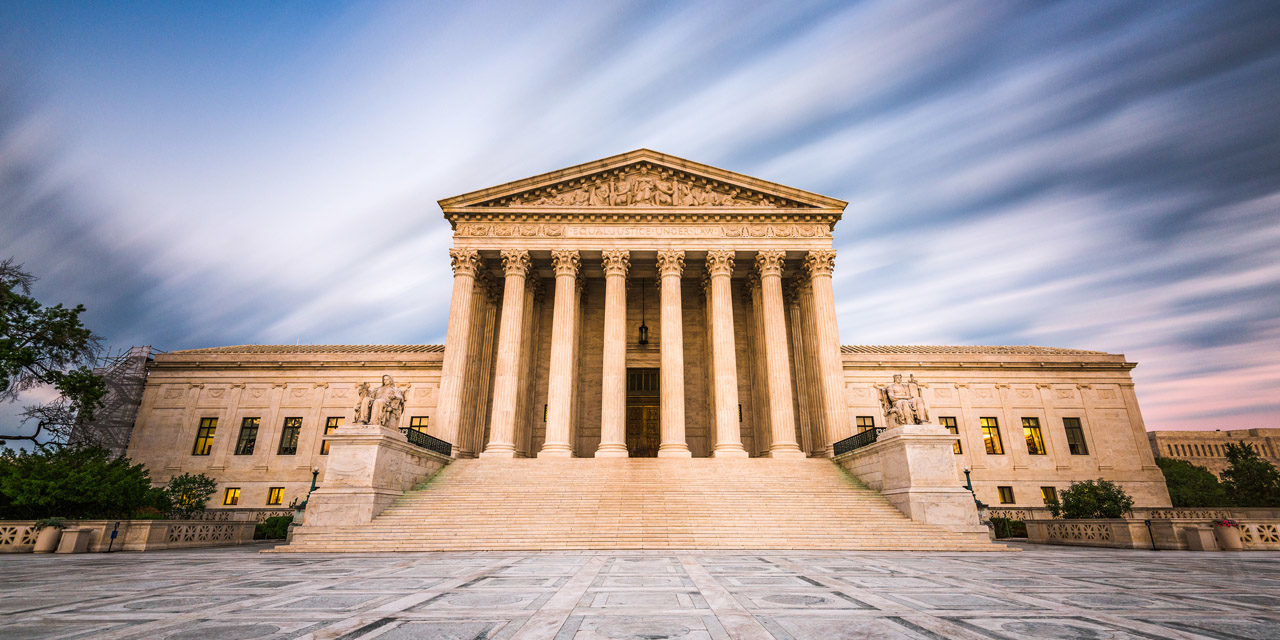In a 5-4 opinion written by Chief Justice John Roberts, the U.S. Supreme Court today ruled that the state of Montana violated the First Amendment’s Free Exercise clause when it excluded religious schools from the reach of a scholarship program for financially underprivileged and disabled children funded with private donations but incentivized by government tax credits.
The decision broke along traditional conservative/liberal ideological lines, with Justices Samuel Alito, Clarence Thomas, Brett Kavanaugh and Neil Gorsuch joining with the Chief Justice, while Justices Ruth Bader Ginsburg, Sonia Sotomayor, Elena Kagan and Stephen Breyer dissented.
Building on the Court’s 2017 ruling in Trinity Lutheran v. Comer, involving a Missouri state government funding program that excluded religious entities, the majority opinion examined a Montana state constitutional provision that prohibits government aid to religious entities. The state argued that it was trying to prevent a First Amendment violation by keeping a government program from benefiting a religious entity.
The Court didn’t buy that argument.
“The Montana Constitution discriminates based on religious status just like the Missouri policy in Trinity Lutheran, which excluded organizations ‘owned or controlled by a church, sect, or other religious entity’ … An infringement of First Amendment rights, however, cannot be justified by a state’s alternative view that the infringement advances religious liberty,” Roberts wrote.
The bottom line? “A State need not subsidize private education. But once a State decides to do so, it cannot disqualify some private schools solely because they are religious,” the majority notes.
Montana’s “no aid” constitutional provision has a checkered past, with similar provisions – called “little Blaine amendments” after a proposed U.S. constitutional amendment that failed – adopted in other states as part of growing anti-Catholic animus in the late 1800s. The Chief Justice noted, “The Blaine Amendment was ‘born of bigotry’ and ‘arose at a time of pervasive hostility to the Catholic Church and to Catholics in general’; many of its state counterparts have a similarly ‘shameful pedigree.’” Justice Alito picked up on that theme in his concurring opinion and explained the history of the bigotry behind the Blaine Amendment in great detail.
Justice Thomas joined the majority opinion, but in a concurring opinion – joined by Justice Gorsuch – returned to a familiar theme he has argued in previous cases, that the First Amendment’s Establishment Clause has caused a lot of unnecessary trouble for states over the years, because of errors committed by the high court applying it to the states.
“Thus, the modern view, which presumes that states must remain both completely separate from and virtually silent on matters of religion to comply with the Establishment Clause, is fundamentally incorrect. Properly understood, the Establishment Clause does not prohibit States from favoring religion. They can legislate as they wish, subject only to the limitations in the State and Federal Constitutions,” Thomas wrote.
Today’s decision is not the only religious freedom case involving schools currently at the Supreme Court. A pair of religious schools from California are currently waiting to hear whether the First Amendment guarantees them the right to hire and fire their teachers free from government entanglement via federal nondiscrimination laws.
Today’s case is Espinoza v. Montana Department of Revenue.






